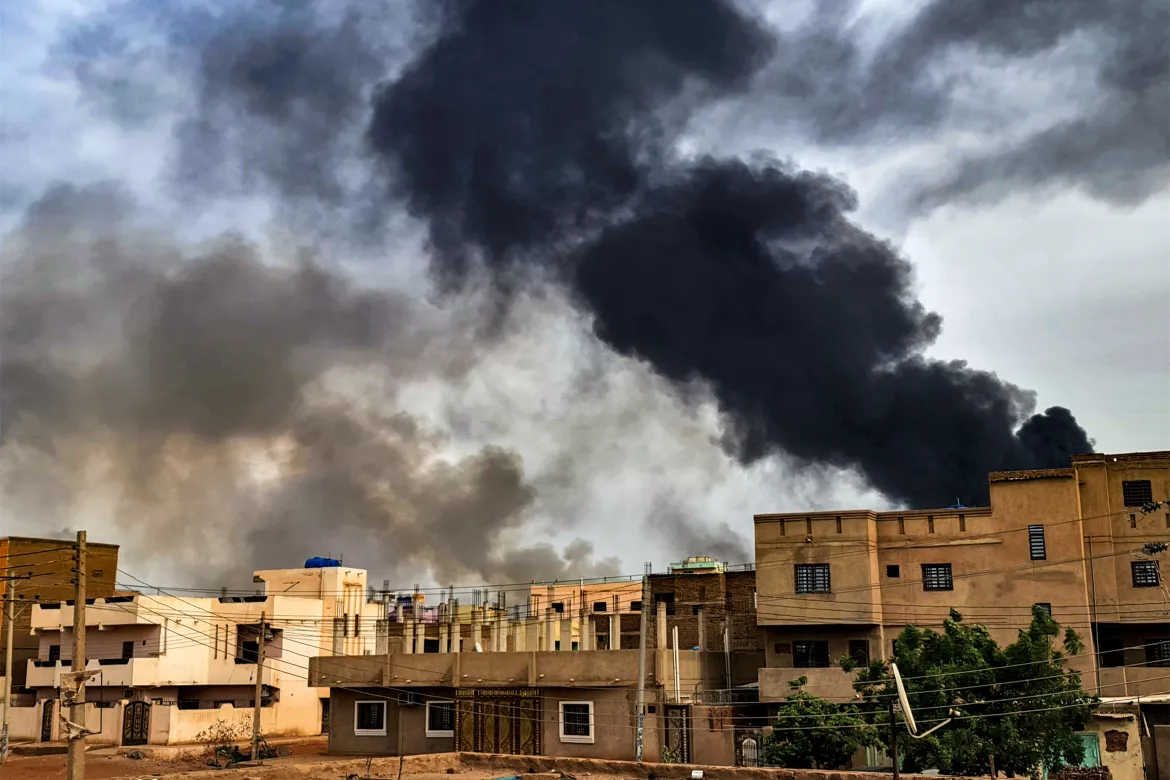Sudan’s Struggle Unpacked: Identifying the Factions in Conflict
Sudan’s Army and Rapid Support Forces (RSF): A Deep Dive into the Conflict
In the tumultuous landscape of Sudan, the army and the RSF, once uneasy allies, now find themselves entrenched in a devastating conflict. Let’s delve into the intricacies of these factions, their histories, and their roles in the country’s political turmoil.
The Army:
Led by General Abdel Fattah al-Burhan, Sudan’s armed forces boasted numerical superiority and advanced weaponry at the onset of the conflict. With decades of institutional power, the army has long been a central player in Sudanese politics. General Burhan, with roots near Khartoum, emerged as a key figure in the military establishment.
However, the army’s operational strategies often relied on allied groups, including militias like the RSF in Darfur. These alliances were not merely military but also economic, with the army accumulating significant economic interests under Bashir’s regime. Despite initial setbacks against the RSF, especially in urban areas, the army has since regained ground, aided by foreign support and the use of drones.
Nevertheless, allegations of indiscriminate violence against civilians have tarnished the army’s reputation, particularly concerning shelling and airstrikes in RSF-held territories.
The RSF:
Under the command of General Mohamed Hamdan Dagalo, commonly known as Hemedti, the RSF emerged from Darfur’s turbulent history. Hemedti’s journey from camel trader to militia leader epitomizes the complexities of Sudan’s conflicts. His rise to prominence came amidst personal tragedy, with the loss of family members to violence.
The RSF’s origins trace back to the Janjaweed, infamous for their brutal tactics during the Darfur conflict. Despite accusations of genocide and atrocities by the International Criminal Court, Hemedti’s influence expanded with official recognition and Bashir’s support. His interests diversified into various sectors, including gold mining and infrastructure.
In the current conflict, the RSF has proven to be a formidable adversary to the army, leveraging guerrilla tactics and urban warfare. However, allegations of ethnically-targeted attacks persist, fueling international condemnation.
Crucially, the RSF’s alliance with the United Arab Emirates has bolstered its military capabilities, despite denials of direct support.
In summary, Sudan’s army and the RSF represent two competing forces vying for control amid political uncertainty. Their clash has led to widespread devastation, exacerbating ethnic tensions and displacing millions. Understanding the motivations and dynamics of these factions is essential for grasping the complexities of Sudan’s crisis.


















